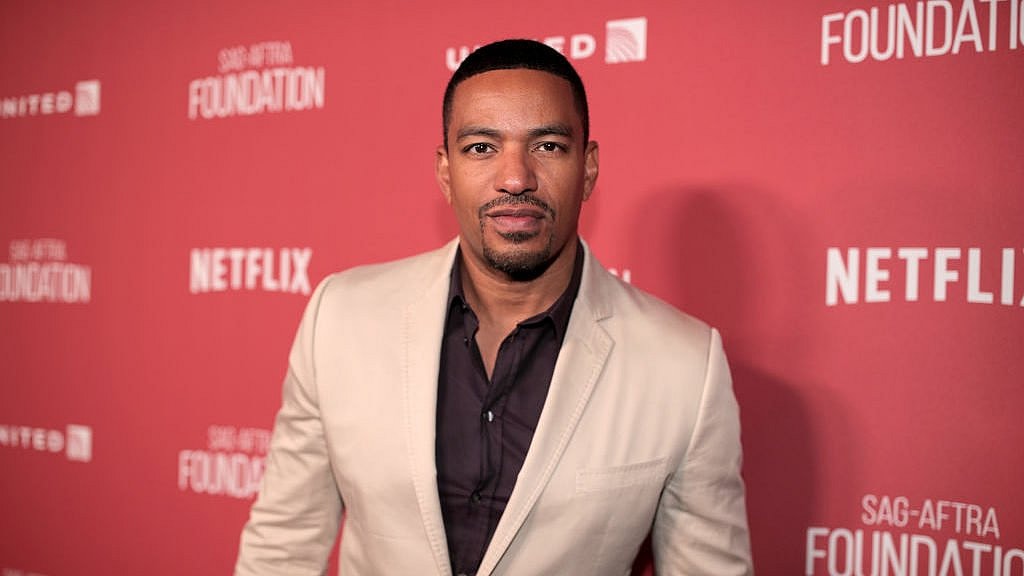Add Laz Alonso to the list of actors entering the superhero realm after being cast in a new comic-book-based drama called The Boys for Amazon.
According to Deadline, Alonso will play a brainy detective named Mother’s Milk, who is second in command of ‘The Boys’ a group of vigilantes who work to “take down corrupt superheroes with no more than blue-collar grit and a willingness to fight dirty.”
—Hooters responds to backlash after racist firefighter spits at black child—
The straight-to-series drama is based on the comic book by Garth Ennis (Preacher) and Darick Robertson.
The Boys is set in a world where superheroes embrace the darker side of their massive celebrity and fame. It revolves around a group of vigilantes known informally as “the boys,” who set out to take down corrupt superheroes with no more than blue-collar grit and a willingness to fight dirty.
Laz hinted on Twitter that the new series will be filmed in Atlanta.
–Oscar voter reveals she didn’t vote for ‘Get Out’ claiming ‘they played the race card’–
While Alonso hasn’t said much about his new role, the outspoken actor recently had plenty to say while walking the red carpet at the ninth annual AAFCA Awards in Los Angeles.
TheGrio caught up with the Afro-Cuban actor at the awards ceremony where he was being honored for his film, Detroit.
Alonso explained how proud he is of the story told in the wrenching film.
“It’s a story that needed to be told,” Laz Alonso says.
On another topic, we were dying to to get Alonso’s take on the recent dust up between Amara La Negra and Charlamagne.
—Jemele Hill received horrible racist voicemail from ESPN’s Chris Berman according to lawsuit —
Laz Alonso says he doesn’t think Charlamagne was antagonizing Amara La Negra during their heated interview on The Breakfast Club. He claims the radio personality was simply ignorant about La Negra’s colorism issues and insisted the clip didn’t show the whole story.
“We actually had a really dope conversation on the phone afterwards…I responded emotionally to that clip, I’m not gonna lie,” he says. “As a melanated nation, we have to have these conversations. We have a tremendously long history before slavery that we were never taught. We are learning that history from each other.”


